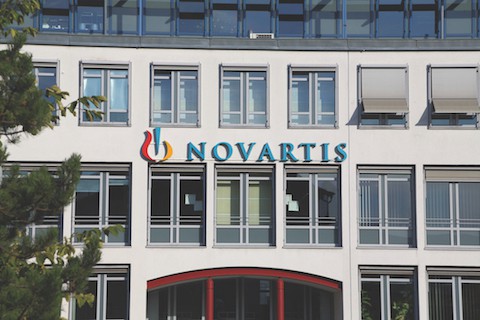
Novartis and Genentech’s Xolair (omalizumab) has demonstrated a significant reduction in allergic reactions across multiple foods, according to late-stage results recently published in the New England Journal of Medicine (NEJM).
Food allergy prevalence has been rising over the past 20 years, with approximately 2% of adults and up to 8% of children in the US affected.
Allergic reactions can range from mild-to-moderate to severe and life-threatening, and it is estimated that food-related anaphylaxis results in 30,000 emergency room visits in the US each year.
Xolair, administered as a subcutaneous injection, was approved by the US Food and Drug Administration (FDA) earlier this month for the reduction of allergic reactions, including anaphylaxis, in children and adults with IgE-mediated food allergies.
People taking Xolair for food allergies should continue to avoid all foods they are allergic to, and the drug should not be used for the emergency treatment of any allergic reactions.
The regulator’s decision was supported by positive results from the National Institutes of Health-sponsored phase 3 OUtMATCH study, which evaluated the drug in patients aged one to 55 years with allergies to peanuts and at least two other common foods.
Data from stage one of the study, which randomised 180 patients to receive placebo or Xolair injections either every two weeks or every four weeks for 16 to 20 weeks, has been published in the NEJM and featured at this year’s American Academy of Allergy, Asthma and Immunology Annual Meeting.
Results showed that, compared to placebo, a statistically significant higher proportion of Xolair-treated patients were able to consume at least 600mg of peanut protein and at least 1,000mg of milk, egg and cashew protein without experiencing moderate-to-severe allergic reactions.
Additionally, a higher proportion of patients receiving Xolair compared to those in the placebo group were able to consume at least 1,000mg of walnut, hazelnut and wheat protein without experiencing moderate-to-severe allergic reactions.
Principal investigator of the trial, Robert Wood, of the Johns Hopkins Children’s Center, said: “While allergic reactions to exposures are common and often severe, there have been limited treatment advancements for food allergy.
“The results of the OUtMATCH study showed that anti-IgE therapy could significantly reduce the occurrence of allergic reactions across multiple foods in the event of an accidental exposure.”
Novartis and Genentech, a member of the Roche Group, work together to develop and co-promote Xolair in the US.
